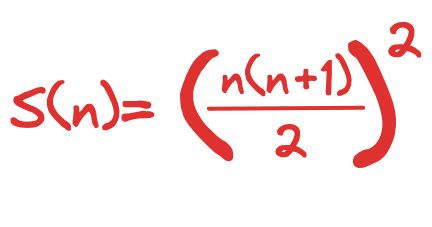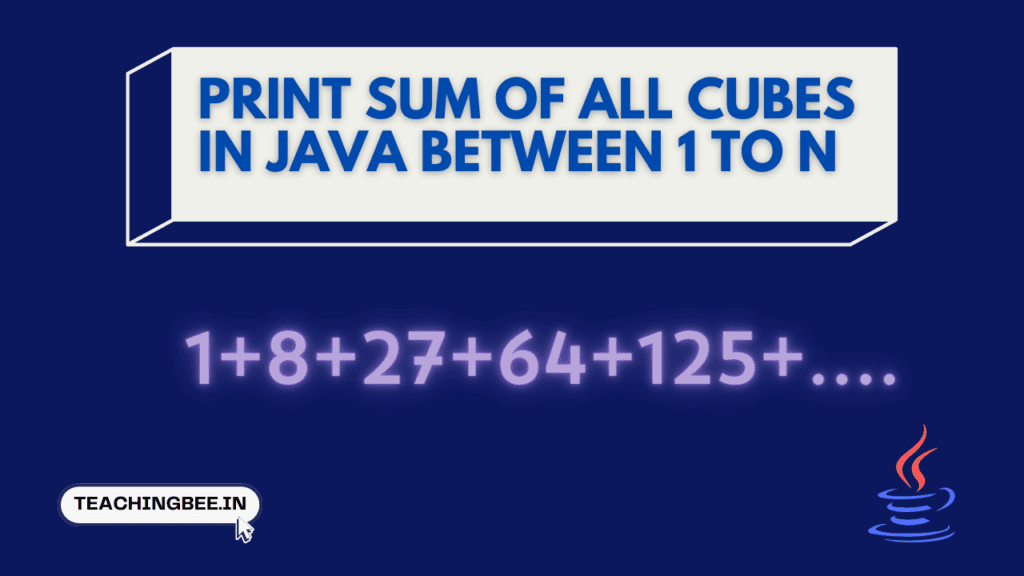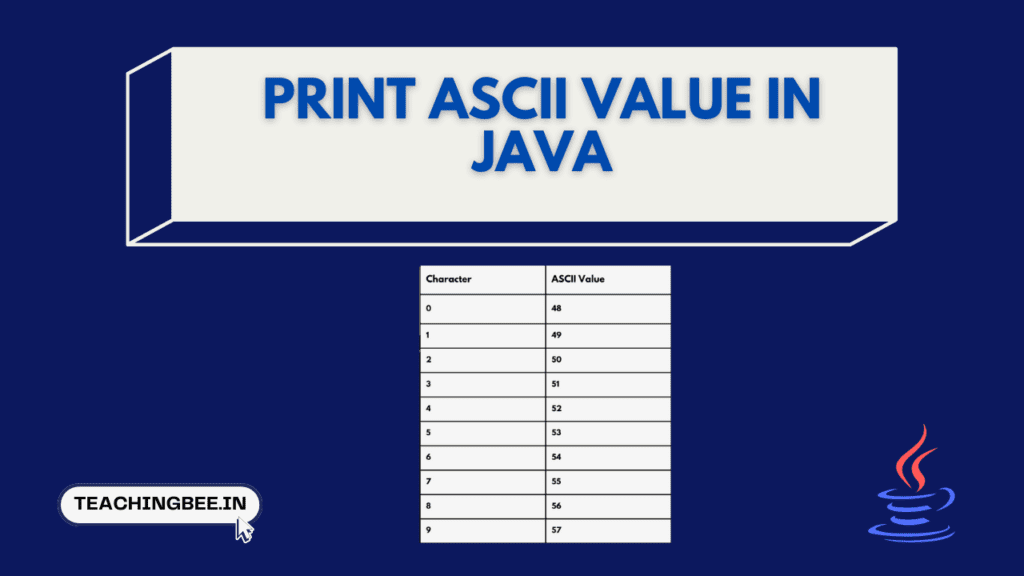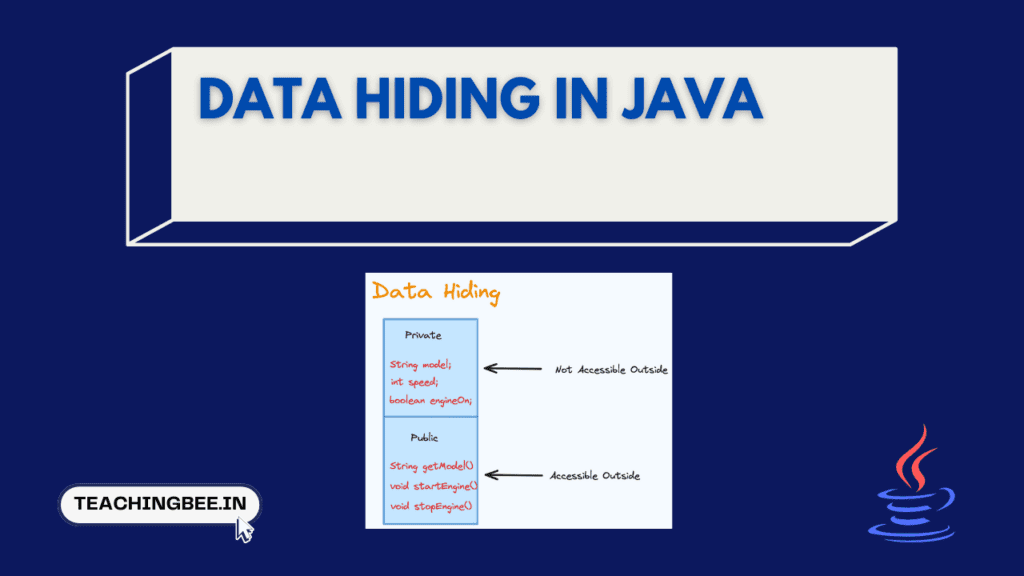Table of Contents
ToggleFinding the sum of consecutive cube numbers is a common problem in programming. In this article, we will look at techniques for calculating sum of all cubes in Java Between 1 to n.
Problem Statement
Given a number n, print sum of all cubes in java between 1 to n.
Examples:
Input: 3
Output: 36Explanation
Cubes of first three natural numbers is 1^3 + 2^3 + 3^3 =36.
Print Sum Of All Cubes In Java Solution
We will discuss two solutions here:
- Naive Approach Using Loops
- Using Mathematical Formula
Naive Approach
The idea here is to iterate from 1 to n using loop and add the cube of current number to the sum.
Java Code Implementation
Let’s see Java Program for cube sum of first n natural numbers using Naive Approach
// Java Program for cube sum of first n natural numbers using Naive Approach
public class SumOfCubes {
// Method to calculate the sum of cubes of natural numbers up to n
public static long sumOfCubes(int n) {
long sum = 0; // Initialize sum to 0
for (int i = 1; i <= n; i++) {
sum += i * i * i; // Add the cube of the current number to the sum
}
return sum; // Return the computed sum
}
public static void main(String[] args) {
int n = 3; // Example input
long result = sumOfCubes(n); // Calculate the sum of cubes
System.out.println("The sum of cubes of first " + n + " natural numbers is: " + result);
}
}Output:
The sum of cubes of first 3 natural numbers is: 36Time Complexity: O(n).
This is because we have to loop through each number from 1 to n and perform a constant-time operation (cubing a number and adding it to the sum).
Space Complexity: O(1).
Using Mathematical Formula
Mathematical Formula to get sum of cube of first n natural number is


To know the proof and derivation of this formula check out this article. We will use this formula to calculate sum of cubes of numbers between 1 to n.
Java Code Implementation
Let’s see Java Program for cube sum of first n natural numbers using Mathematical Formula
// Sum of cube of first n natural number in java using formula
public class SumOfCubes {
// Function to calculate the sum of cubes of the first n natural numbers
public static long sumOfCubes(int n) {
long sum = (long) n * (n + 1) / 2; // Sum of the first n natural numbers
sum *= sum; // Squaring the sum to get the sum of cubes
return sum;
}
public static void main(String[] args) {
int n = 5; // Example input
System.out.println("The sum of cubes of the first " + n + " natural numbers is: " + sumOfCubes(n));
}
}
Output:
The sum of cubes of the first 5 natural numbers is: 225Time Complexity: O(1).
This is because the calculations are done in constant time. No matter the size of n, the computational steps remain the same
Space Complexity: O(1).
Key Takeaways
- A naive iterative approach uses a loop to cube each number and add to the sum
- Mathematical formulas can calculate the sum in constant time without loops
- Time complexity is O(n) for iteration vs O(1) for the formula
- Understanding both methods provides a good overview of algorithmic approaches
Similar Posts
Add Days To The Current Date in Java
Calculate Area of Hexagon in Java
Program to Calculate EMI in Java
Calculate Area of a Circle in Java
Checkout more Java Tutorials here.
I hope You liked the post ?. For more such posts, ? subscribe to our newsletter. Try out our free resume checker service where our Industry Experts will help you by providing resume score based on the key criteria that recruiters and hiring managers are looking for.
FAQ
When would the iterative approach be preferred?
The iterative approach is easy to implement and understand. It may be preferred for small inputs or educational purposes.
Can this be done recursively?
Yes, the sum can also be calculated recursively without loops or formulas. This provides another programming technique.




